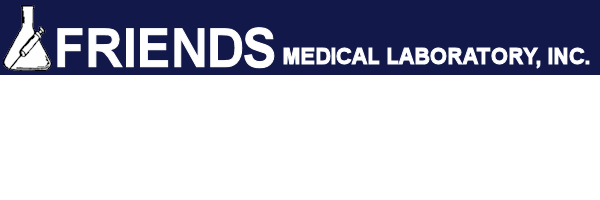COCAINE’S NEWEST RISK
Scientific American, September 2011 Edition
To the list of cocaine’s many dangers, health officials have added at least one more: purpura, a rash caused by internal bleeding from small blood vessels. Two recent papers in major medical journals have documented cases of cocaine users showing up in emergency rooms with patches of blackened, dying skin on the ears, face, trunk or extremities. The condition causes scarring and sometimes requires reconstructive surgery. Noah Craft, a dermatologist at the Harbor-UCLA Medical Center who co-authored a paper on the condition published online by the Journal of the American Academy of Dermatology in June, says he now sees about one case per month: “It’s become almost routine.”
The cause of the outbreak is a veterinary deworming medication that has become the most common ingredient used to dilute, or cut, cocaine coming into the U.S. from South America. The drug, called levamisole, was once approved for cancer treatment but was later pulled because of its side effects. Three quarters of the cocaine bricks seized by the U.S. Drug Enforcement Administration now contain levamisole.
Equally worrying is another of its side effects: a sometimes fatal lowered count of white blood cells that are called neutrophils. Doctors suspect that both conditions are allergic reactions to the drug. In one disease, the body’s immune system attacks the skin; in the other, it attacks the bone marrow.
Traffickers may add levamisole to cocaine because it is cheaper than pure cocaine and may contribute to the cocaine high. Papers between the 1970s and 1990s, when levamisole was being suggested and then approved for medical use in the U.S., found it improved mood and caused insomnia and hyperalertness, effects that are similar to cocaine’s.
For now, the dea will not change how it pursues traffickers, says Barbara Carreno, an agency spokesperson. But doctors are learning to spot the skin rash quicker. Craft has added photos of his patients to a computerized alert system used by 1,300 hospitals nationwide.



